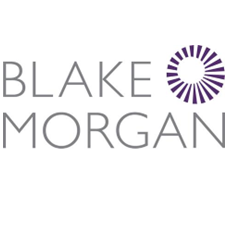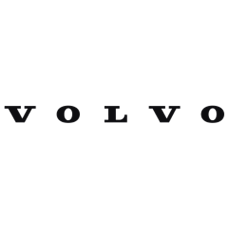AI in Law Firms: From Theory to Reality
AI is already making waves across sectors, from healthcare to banking and now in law. Tools like Kira and Luminance are being adopted by firms ranging from the Magic Circle to boutique practices. Clients increasingly expect legal teams to embrace these technologies, making innovation a key part of client conversations.
Will AI Replace Lawyers?
Not anytime soon. While automation handles commoditised tasks, bespoke legal advice remains essential. Even advanced AI cannot replicate the nuanced judgment required in complex matters. For example, high-value corporate transactions or litigation involve grey areas where human expertise is irreplaceable.
The Real Impact: Evolving Roles
Rather than eliminating jobs, AI and automation will shift focus toward higher-value, bespoke work. Lawyers will need to:
- Deliver added value beyond what technology can provide
- Adapt to new tools and processes
- Embrace innovation to stay competitive
Junior lawyers should seek firms that invest in technology and understand its role in enhancing, not replacing, legal expertise.
Future-Proof Your Career
The legal profession is evolving, but the core challenge remains: providing value to clients. Firms that combine technology with human judgment will thrive. For lawyers, working in such firms ensures access to the best clients, complex work, and long-term career growth.
If we can assist you and you might appreciate a no obligations discussion, please get in touch with one of our dedicated consultants.
















